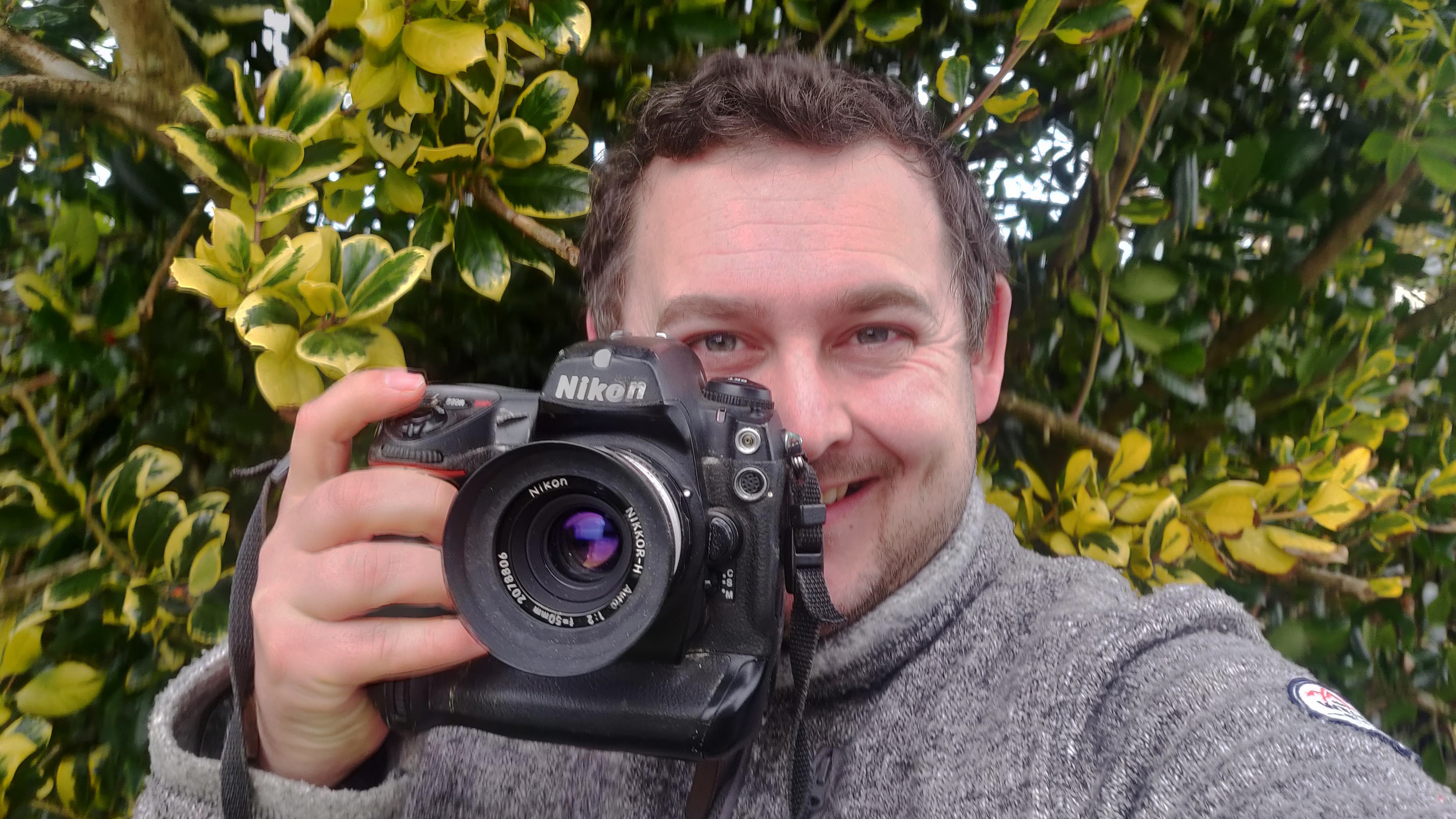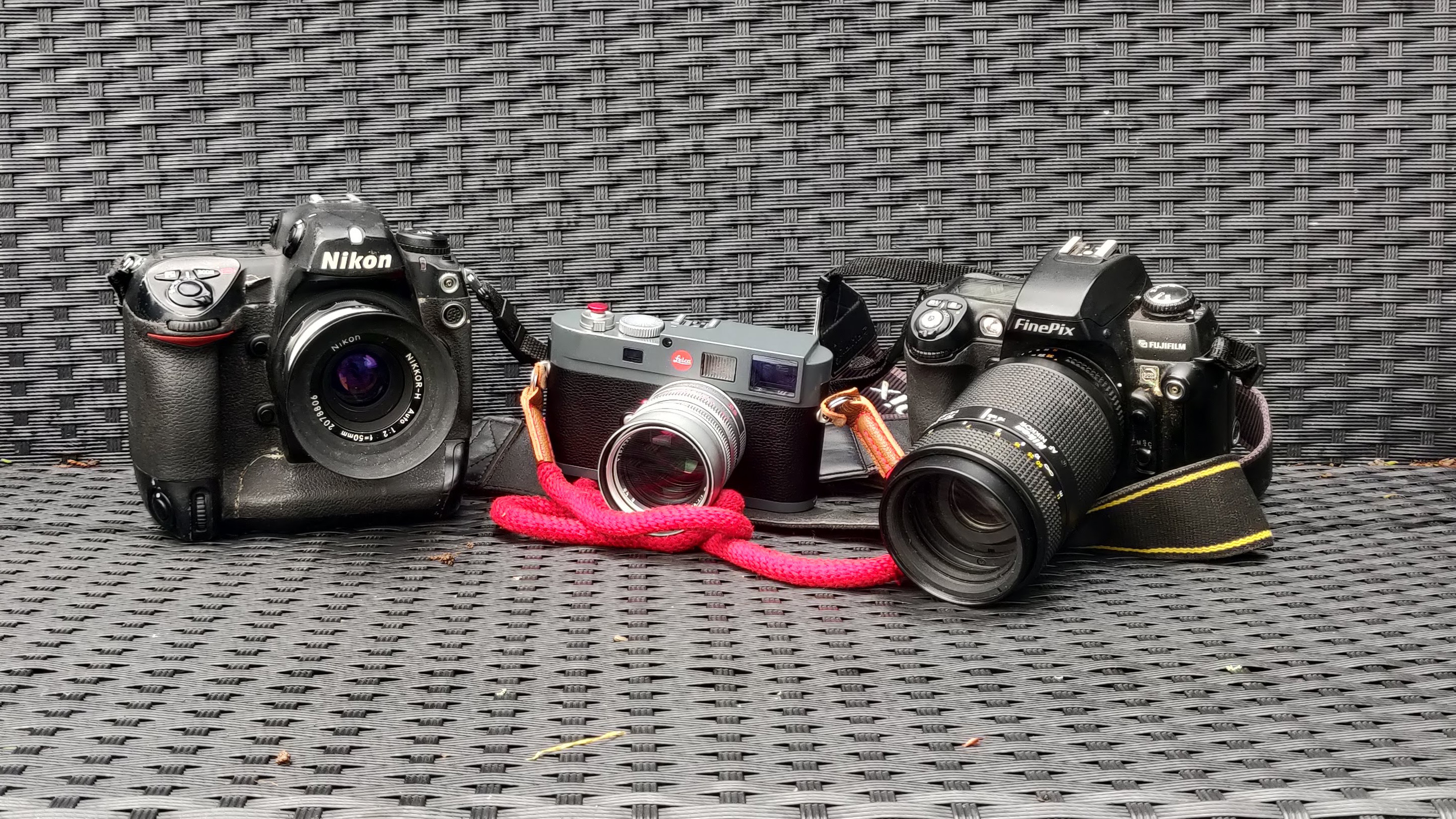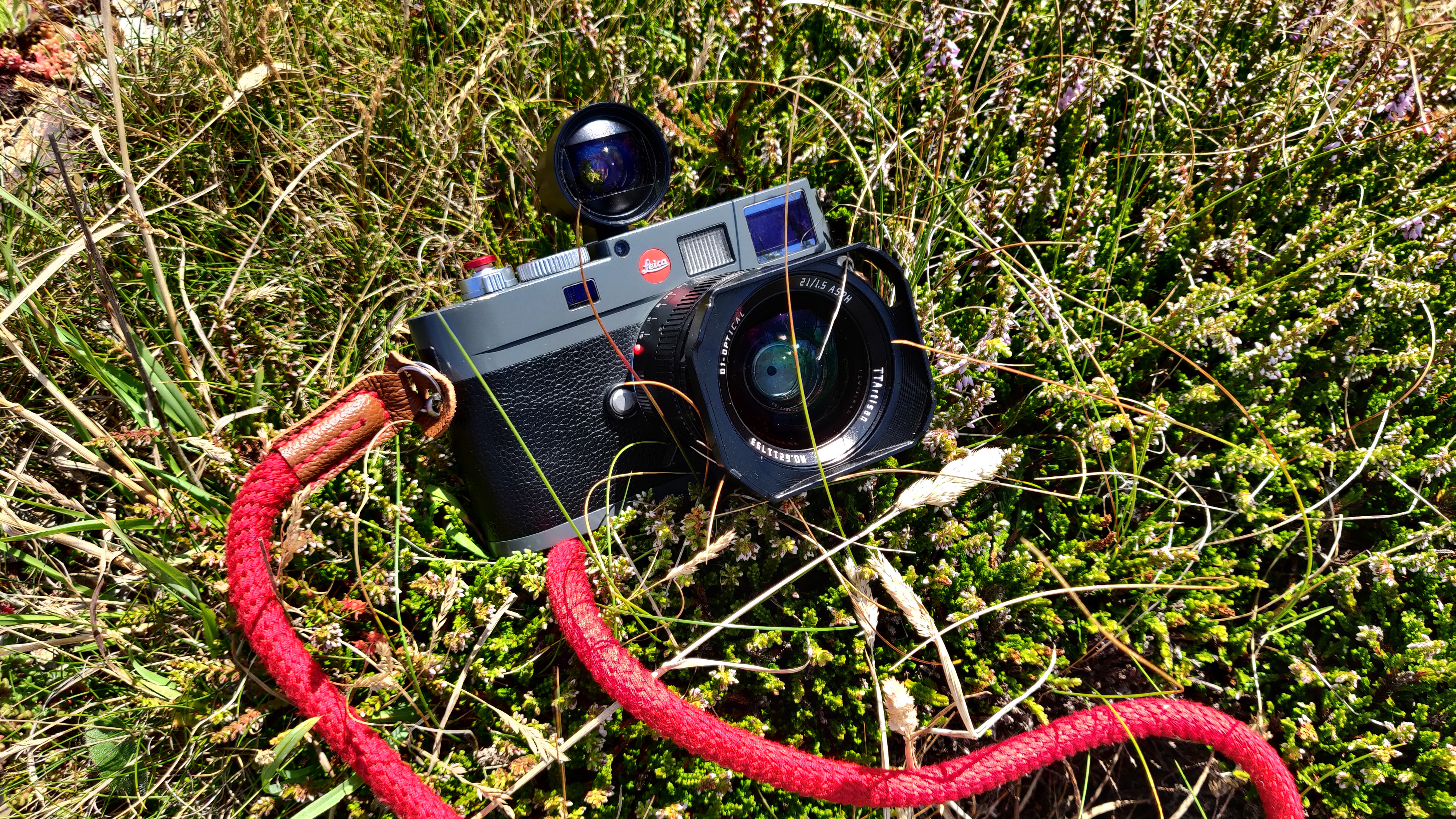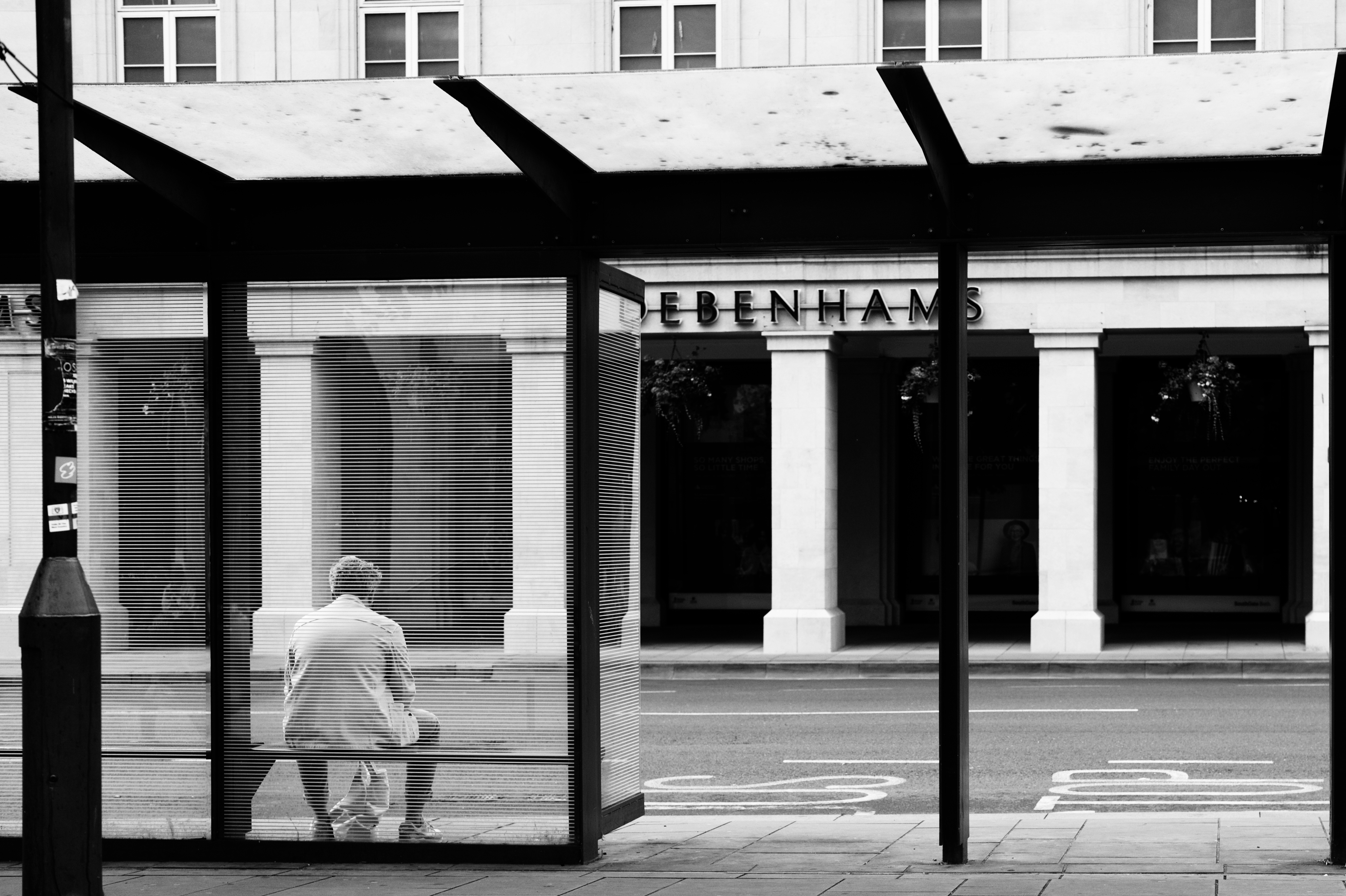
Every time a new camera launches, the headlines flood in like clockwork – 60MP, 8K RAW, 30fps blackout-free bursts, AI-powered autofocus, stacked sensors, phase detection, pre-capture, subject recognition…
We’re so neck-deep in the numbers now, we barely stop to consider the one thing that really matters: how the damned thing feels in your hands.
Specs are measurable, marketable and easy to throw into a chart. But no chart in the world can tell you if a camera feels right. That part’s personal.
I’ve used cameras that cost $50,000 and left me cold after a day. Technically brilliant, no doubt, but hollow. Then I’ve picked up small, imperfect things – some with dust in the viewfinder, a stiff aperture ring or quirks that would give a lab tester a nervous twitch – and felt something click.

A sense of connection. Not just to the tool, but to the act of making photographs. That’s the bit you don’t see in spec sheets or launch videos. The emotional pull. The joy of use.
If you love the way a camera feels, you’ll carry it more. If you carry it more, you’ll shoot more. And if you shoot more, inevitably, you get better. The camera becomes a part of your daily rhythm. You reach for it instinctively. It’s not just a machine – it’s part of the way you see the world.
That’s why some people still swear by their old Fujis, their beat-up Leicas or even a creaky old DSLR that feels like home. Not because it’s the sharpest or the fastest, but because it gets out of the way and enables them to make photographs.
The problem now is we’re being sold cameras like smartphones – on raw horsepower, clever processing and resolution arms races. Sure, those things have a place. But that shouldn’t be the starting point.

The starting point should be: do you like holding it? Does it make you want to go out and shoot? If the answer is no, I don’t care if it can shoot 20 stops of dynamic range in the dark. It’s not going to inspire anything but regret.
There’s also something deeply human about the feel of a camera. The weight of it, the way the shutter sounds, the texture of the dials. It’s tactile, and it pulls you into the present.
You’re no longer swiping and pinching on a screen – you’re engaging with the world, with light, with timing. A good camera disappears in your hands. A great one makes you feel like you’re part of something alive.
I’m not saying ignore specs entirely. They matter – especially if your work demands it. But they’re not the full picture… they’re not even half.

I’ve never once looked back at a photo I loved and thought, “Shame it wasn’t taken on a 60MP sensor.” I’ve looked back and remembered the moment, the light, the feel and, more often than not, the camera I used to take it.
So next time you’re shopping for a camera – or reviewing one or talking about one – don’t just ask what it can do. Ask how it makes you feel. Because that, more than anything else, will decide what kind of photographer you become.
you may also like…
Take a break from specs and put a little romance in your hands with the best Leica cameras and the best Fujifilm cameras – and if you love the feel of analog, don't forget the best film cameras.







